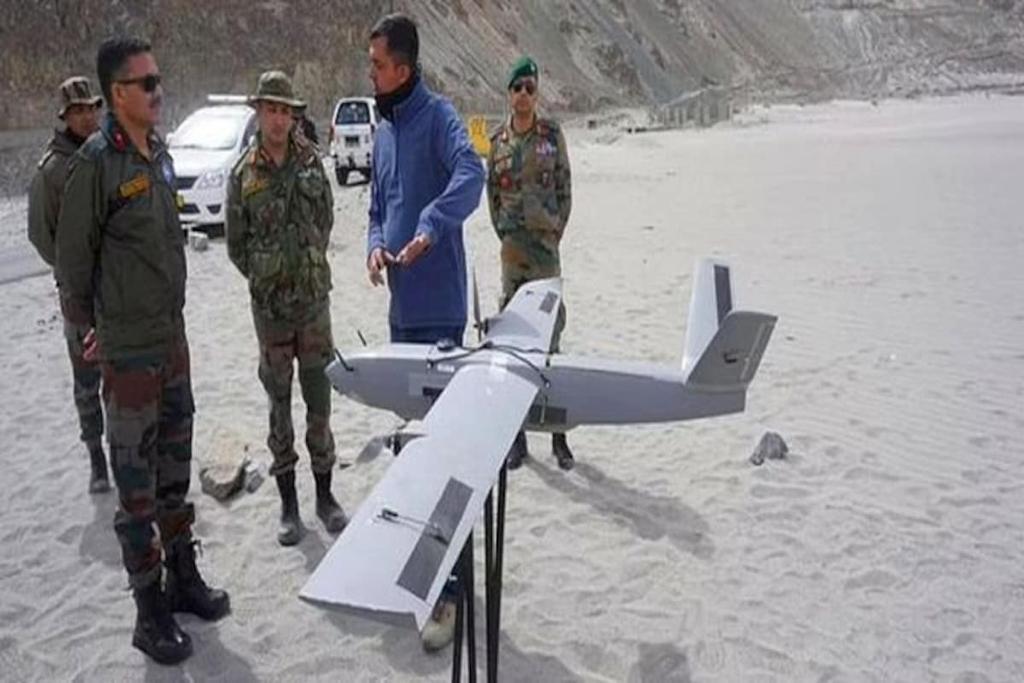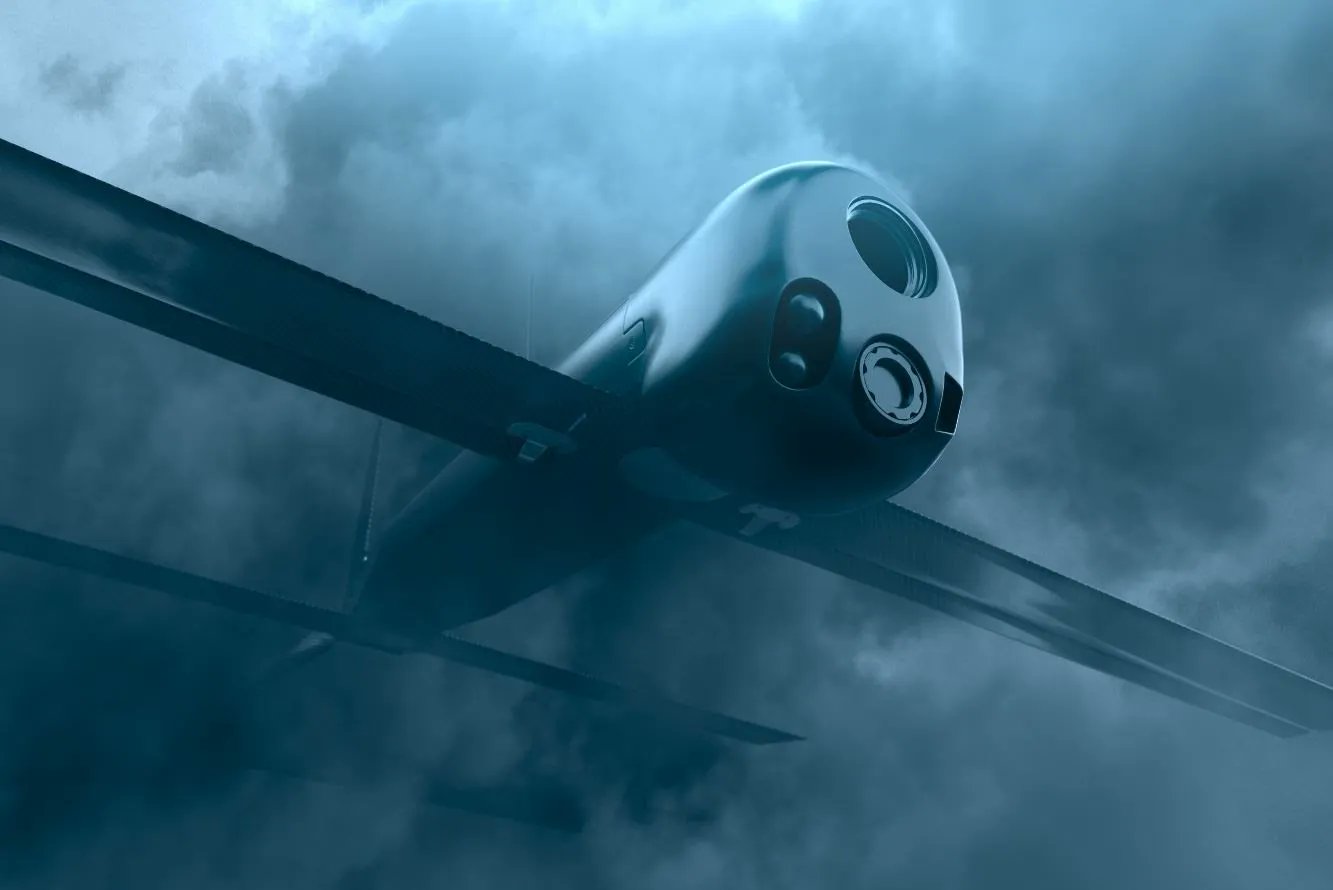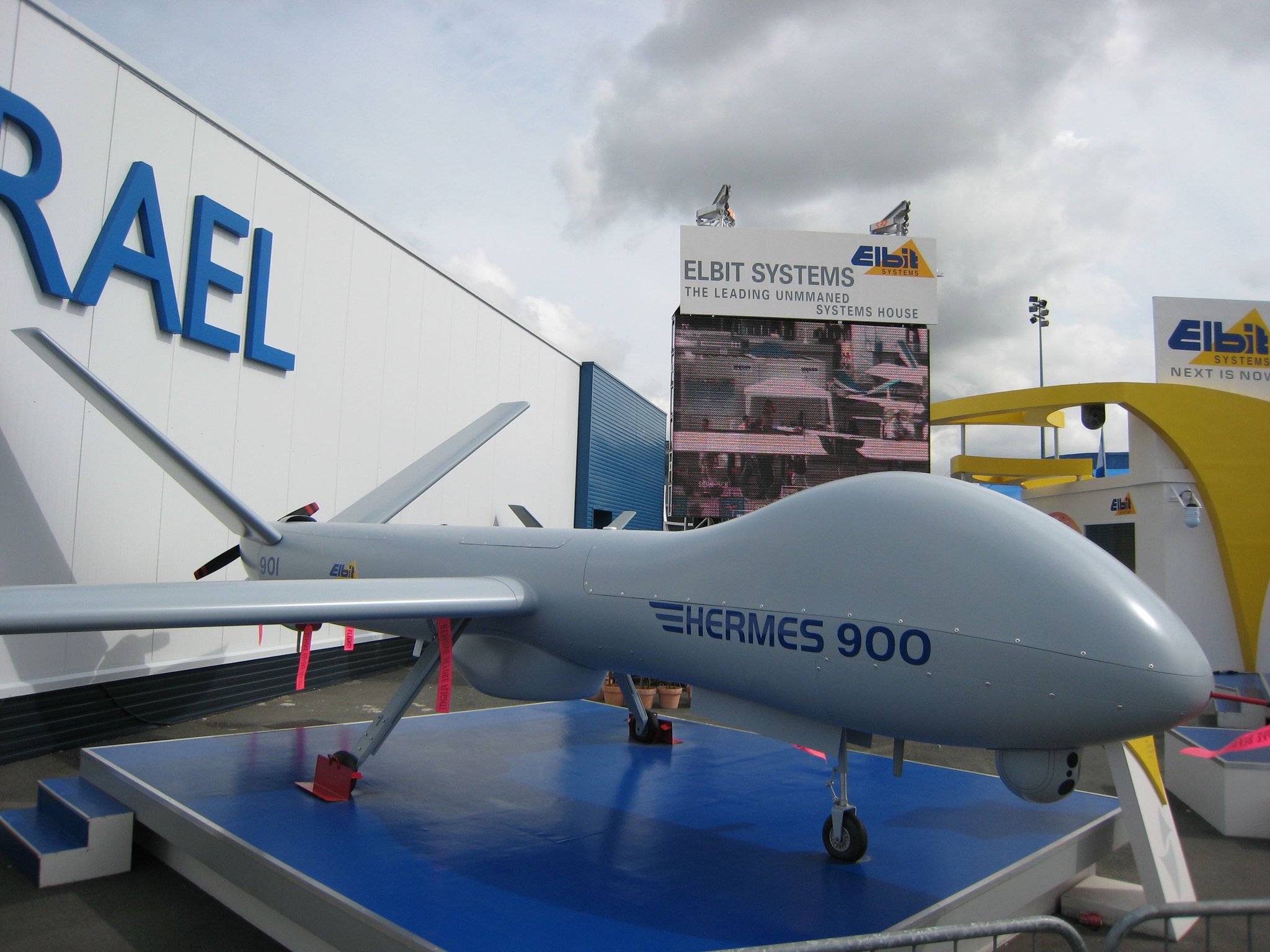The Indian Army tested an indigenously developed loitering munition capable of operating from rugged terrain and high-altitude areas, successfully demonstrating its strike capability, per a recent Economic Times (ET) report.
UAE To Buy “India’s Infamous Missiles” From Israel As Tel Aviv Surges Ahead To Arm ‘Big Players’ Like US, Germany
China Recruited Top US Scientists To Gain Military Edge In Hypersonic, UAV & Submarine Tech – Reports
The new drone, known as the ALS 50, was developed by a team of young engineers at Tata Advanced Systems Limited (TASL) and is designed to be a vertical take-off and landing (VTOL) platform.
The ALS 50 has already proven its ability to operate from high-altitude areas during tests earlier this year in Ladakh.
The recent test occurred at the Indian Army’s Pokhran Firing Range in Jaisalmer, Rajasthan. The drone accurately hit the ground target with an explosive warhead during trials, reported ET citing sources.
Loitering Munitions (unmanned aerial vehicles hitting targets on the ground with war heads) were successfully tested in Pokhran today.
The Munition ALS50 is designed for Vertical Take Off and Landing (VTOL). pic.twitter.com/kAm4cIPxDa
— Pralhad Joshi (@JoshiPralhad) September 23, 2022
The drone can take off as a quadcopter and then transition into a fixed-wing mode during flights for long-distance trips.
Thanks to its VTOL capability, the ALS 50 can navigate confined spaces such as vessel decks, fortified mountain positions, small jungle clearings, and narrow valleys. It has an autonomous targeting system that can accurately identify and home in on a pre-determined target.

Also, its range and payload capacity can be increased per the customer’s requirements. Drones’ future development can include artificial intelligence integration and swarming capabilities.
According to the ET report, the ALS-50 will soon be inducted into the Indian armed forces.
Ukraine War Makes Loitering Munitions Popular
The Indian military has been seeking a range of loitering munitions or ‘kamikaze drones’ that can be used for precise strikes against high-value targets such as command posts, missile launchers, enemy armor, etc.
This is a common theme among the drone capabilities sought by armed forces of several countries, particularly after the onset of the Russia-Ukraine war, where kamikaze drones, especially the American-made Switchblade loitering munitions, are quite favored.

This has led countries like Russia and China to develop their versions of Switchblade drones, and it seems that India, with its ALS-50 drone, could be considered the latest addition to that list.
China unveiled its FH-901 suicide drone two weeks ago by releasing a video showing a tank target being attacked and destroyed in a top-attack profile by what appears to be an FH-901 drone.
The FH-901 loiter munition or suicide drone
These weapons are light enough to be deployed at the company level
This is perhaps the most visual demonstration of how industrial prowess decides the outcome of wars.
Make enough of these, no enemy can survive in the open pic.twitter.com/AqXzSZoCNK— Zhao DaShuai 无条件爱国?? (@zhao_dashuai) September 9, 2022
The Chinese state-owned media touted the drone as China’s counterpart of the American Switchblade.
Before that, in late August, Russia also developed a drone similar to the US-made Switchblade but “twice as powerful.”
Russia's NPO Android Technics presented a fact sheet on the LAOP 500 loitering munition at Army 2022, which is a Russian version of the Switchblade 300.https://t.co/tMhuRBwRXi pic.twitter.com/BkfWchFQqG
— Rob Lee (@RALee85) August 23, 2022
According to the fact sheet of the drone, called the LAOP-500, which has been circulating on social media, it can hit targets at a range of up to five kilometers and has an endurance of up to 20 minutes.
Milestone For Indian Drone Indian Drone Industry
The latest successful test of the ALS-50 drone marks another milestone for the Indian Unmanned Aerial Vehicles (UAV) industry which continues to grow its base of drone manufacturers and exporters due to the policy initiatives created by the Indian Government.
While India began exploring military drones as early as the 1990s with the Defense Research and Development Organisation (DRDO) developing the Nishant Unmanned Aerial Vehicle (UAV) for reconnaissance and surveillance.
However, three of the four systems built by DRDO crashed, and India decided to import a wide range of Israeli-made drones, such as the medium-altitude long-endurance (MALE) Heron I, the Searcher MK II, and the Harop loitering munition.
India has continued to depend on foreign countries, mainly Israel, for military drones, but that has begun to change slowly in the past few years.
In 2018, Adani Defense & Aerospace and Israeli firm Elbit Systems, in a joint venture (JV), started an advanced drone manufacturing unit in Hyderabad which produces carbon composite structures for the Hermes 900 and Hermes 450 UAVs.

This is the only production facility for the Hermes MALE UAV outside Israel. It began by catering to international markets and supplying to the Indian Armed Forces.
Apart from that, there is a JV between Adani Group’s subsidiary, Alpha Design, and Elbit Systems that has a manufacturing unit in Bengaluru that produces multi-rotor low-altitude VTOL UAVs called the Thor tactical mini-UAVs, also commonly known as the Skylark, and a tactical loitering munition known as Sky Striker.
Azerbaijan used the Sky Striker drone in its conflict with Armenia in 2020 to strike mobile targets such as armored personal carriers (APCs).
IMAGE:
An Israel-made Azerbaijani Sky Striker killer drone that crashed. pic.twitter.com/GyGLjgW9Fp
— FJ (@Natsecjeff) October 28, 2020
In September 2021, the Indian Army, Navy, and Air Force signed multiple contracts worth over Rs 500 crore (more than $61.5 million) related to drone technology, focusing on Indian companies.
Indian Army secured the most contracts among the three services, including three separate deals with a combined worth of over Rs 300 crore.
Of these, the first contract worth over Rs 100 crore (more than $12.3 million) was awarded to the joint venture between Israeli Elbit System and Adani Group’s Alpha Design for a total of 100 SkyStriker kamikaze drones.
The two deals worth over Rs 200 crore (more than $24.6 million) were signed for Swarm drones with Indian startups – Bengaluru-based NewSpace Research and Tech, run by former Indian Air Force (IAF) officer Sameer Joshi, and a Noida-based company, Raphe.
The Indian Army also began using its first indigenously produced ISR (intelligence, surveillance, and reconnaissance) UAV last year, called the SWITCH drone, made by ‘ideaForge,’ a Mumbai-based private drone manufacturer.
- Contact the author at tanmaykadam700@gmail.com
- Follow EurAsian Times on Google News





